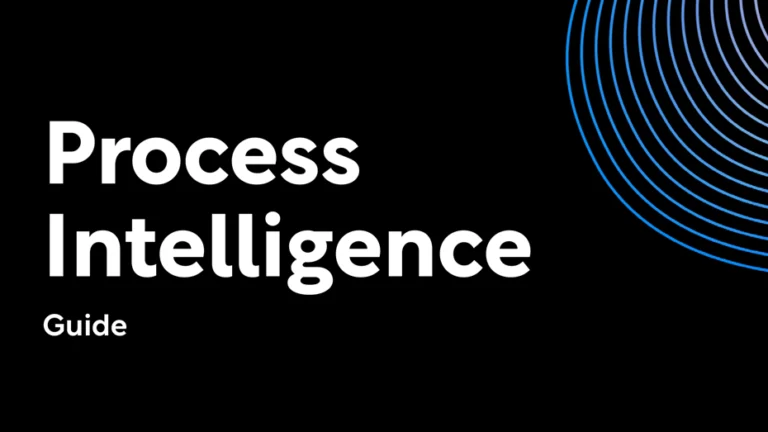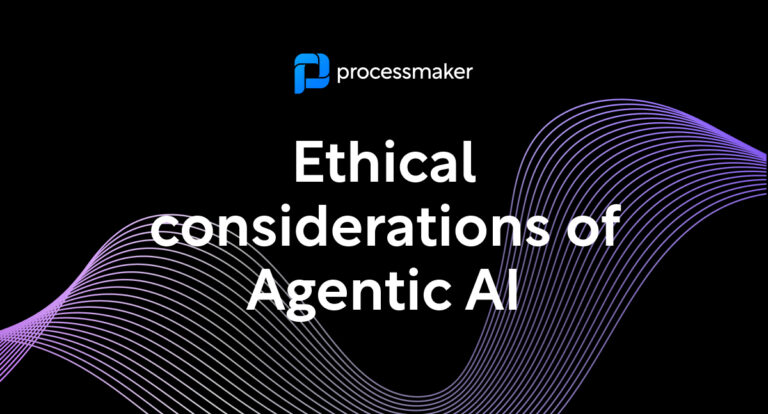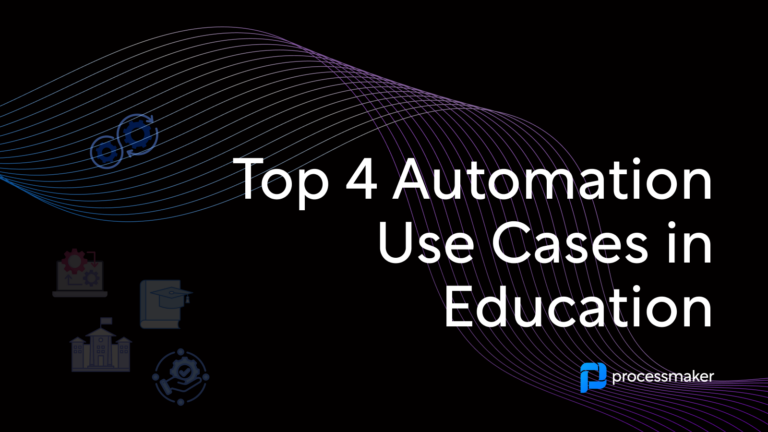80%. That’s the percentage of how many marketing decision-makers say that customer experience is a top priority. And yet after analyzing research over the last several years, Shar VanBoskirk, VP Principal Analyst at Forrester, realized that customer experience strategy is failing to hit its marks.
“Most companies have no idea if they are creating value for their customers. They can emphasize customer experience all they want, but without emphasizing customer value, even good customer experiences don’t deliver,” VanBoskirk writes.
With the average consumer seeing upwards of 5,000 ads a day, marketing is getting a major facelift. Traditional return on investment (ROI) is being swapped out for return on experience (ROX), as more companies realize the benefits of creating superior customer experiences through what is being called “experiential marketing.”
We as people remember experiences more and are impacted by them far greater than digital forms of advertising. With this in mind, businesses are turning to emerging technologies to remain competitive in delivering exceptional customer experiences. One such technology helping to digitally transform customer experience is artificial intelligence.
Why customer experience is so important
You may be wondering why customer experience is so critical in the first place? First, let’s go way back to the earliest business models in human history. In earlier history, bazaars were some of the earliest storefronts that civilizations saw. People frequented these shops not just for the goodies being sold, but the service and cordial interactions that came from the shop owner.
It’s really about how a business makes a person feel that really keeps them coming back for more. Here we start to see the development of what is called “brand loyalty” today but is more well-known simply as loyal patrons.
Building brand loyalty seems easy at first glance, but the competition to win, and keep, consumers’ attention is getting increasingly more volatile. Today, consumers expect customer experience to be delivered with the snap of a finger — creating enormous pressure to adapt to make this new standard happen.
For the last five years, brands have been exploring how they can use digital technology to deliver fast, accurate, and personalized services that customers demand. Artificial intelligence has since been recognized for its capabilities to achieve the speed and agility demanded by consumers today.
How AI accelerates customer experience
Artificial intelligence brings a unique set of advantages to the customer experience game. AI is really an umbrella of technologies that encompasses automation, machine learning, and Natural Language Processing (NLP).
For automation technology like robotic process automation (RPA), mundane, repetitive tasks are automated to help people digitize manual tasks. For more predictive and “relearning” technology like machine learning, this kind of AI is found in certain autonomous cars like Waymo. Waymo’s cars use machine learning (with the help of LIDAR) to see their surroundings, make sense of them and predict how others behave. NLP is commonly found and used in voice recognition devices and interfaces, like Amazon’s Alexa.
Harnessing these parts of AI is what is giving companies like Spotify, Google, Netflix, Salesforce, Tesla, and more their competitive advantage today. Each company uses AI to drive customer experience strategy. Want to know how these companies are doing just that? Below is how you build a 5-star customer experience using AI.
Provide around-the-clock assistance.
The biggest impact AI can have on customer experience is by making it automated, fast and hassle-free. Chatbots, for example, are AI-based virtual conversation tools being used in various customer-engagement scenarios. They are specifically programmed to simulate human interactions and provide immediate, personalized responses. This will effectively eliminate unnecessary delays and errors in customer service, especially while handling customer complaints. By automating responses to customer queries, companies will be able to reduce training time for service representatives and save the revenue in handling highly-repetitive service queries.
Hyper-personalize.
Voice assistants like Siri and Alexa help people get more done through speech recognition and Natural Language Processing (NPL). Pinterest is a social media platform that relies on user data to recommend similar pins, just like Netflix does with its show recommendations for watchers. AI’s predictive analytics allow companies to cater to services and products to each customer based on a myriad of information. Former interactions with a company, along with sociodemographics and interests can help predictive analytics to personalize an experience for a consumer. People enjoy this level of personalization, as it makes them feel “special” and catered to.
Act quickly and accurately.
The power of big data, AI and machine learning has paved the way for a decision-making metric. We know that decisions cannot be made entirely on guts and intuition, but rather backed by data. AI enables businesses to make informed decisions. The healthcare and financial services sectors are witnessing enormous leaps in their decision-making strategies from AI. This is helping the people in these industries to make critical, sometimes life-risking decisions based on the data they have in front of them from AI. For example, PathAI is developing machine learning technology to assist pathologists in making more accurate diagnoses.
Serve customers based on critical customer insights.
AI can play a critical role in providing companies with actionable insights by feeding intelligence into CRM, marketing automation, and other key operational tools. They can incorporate proven insights to improve customer engagement and empower employees by helping them in making informed decisions. Tools like facial recognition software, text analytics, and machine learning can be used by companies to know what their customers see, identify the right messaging, and convey it in real-time. AI customer journey analytics can sift through a larger, more complex data space. This is how more business opportunity is uncovered.
Companies that deliver these points to their customers generally have a more sophisticated customer experience strategy. Remember that with or without AI, delivering customer value is critical to business success. AI isn’t a substitute for customer value but should be used to drive home value.
Summary
According to Gartner, 32% of CMOs rank customer experience as a top-three priority. Digital transformation continues to drive forward the customer experience today. Since today’s consumer wants everything right now, companies must embrace AI as a means to deliver on that new expectation.
Rather than AI eliminating the human element in customer experience strategy, AI can also enhance it. Your enterprise can build an exceptional 5-star customer experience using AI by leveraging its efficiency, speed, and agility factors.
Seeking a way to automate your internal workflows to drive greater operational efficiency? Find out how our workflow automation solution helps companies like yours digitally transform to meet today’s unique demands.
About ProcessMaker
ProcessMaker is a low-code business process management and workflow software. ProcessMaker makes it easy for business analysts to collaborate with IT to automate complex business processes connecting people and existing company systems. Headquartered in Durham, North Carolina in the United States, ProcessMaker has a partner network spread across 35 countries on five continents. Hundreds of commercial customers, including many Fortune 100 companies, rely on ProcessMaker to digitally transform their core business processes enabling faster decision making, improved compliance, and better performance.





